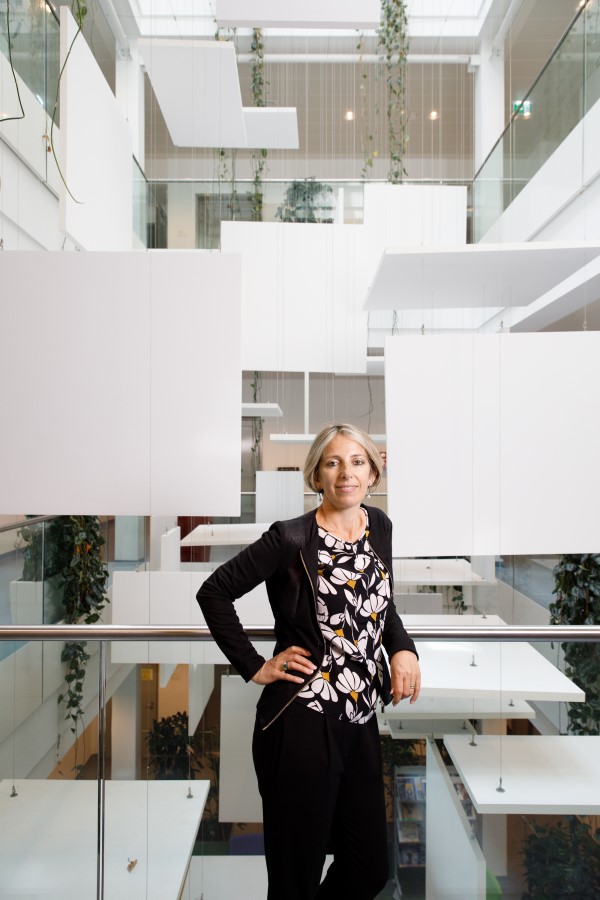April 2, 2022
ISTA Professor: “Use World Autism Day to educate the public”
April 2 - World Autism Day is a Chance to build Awareness
Autism is a developmental disorder that can manifests itself in many forms. The cause of the disorder is not yet fully understood. ISTA professor Gaia Novarino is looking for genes that could be the trigger for autism and emphasizes how important World Autism Day on April 2 is for those affected and their families.
It’s a movie scene that almost everyone knows. A waitress drops a box full of toothpicks. Raymond, a man with autism, sees the scattered sticks on the floor and knows within seconds: There are 246 of them. Dustin Hoffman won an Oscar in 1989 for his portrayal of the brilliant but socially clueless Raymond in the film “Rain Man”. And the movie continues to shape the public’s image of autism spectrum disorder (ASD) to this day. However, this developmental disorder, which affects around three million people in Europe, can take on completely different forms.
Broad spectrum
“Characteristic are a number of difficulties in social interaction and communication with other people as well as repetitive-stereotypic behaviors,” explains Professor Gaia Novarino from the Institute of Science and Technology Austria (ISTA). She researches the causes of autism and knows that “the spectrum ranges from people with intellectual disabilities and a lack of language ability to those affected without a reduction in intelligence who can express themselves well verbally or even have special talents, such as in high-functioning autism or Asperger syndrome.” We know the latter form, for example, from the character of Sam in Atypical, who can lead a relatively normal life, is highly talented, but lacks social intelligence. This leads to funny moments on TV, but in real life autistic people often suffer from their disorder.

Background still unclear
Hundreds of different genes are suspected of causing autism. However, exactly how the underlying processes take place at the molecular and cellular level is still largely unclear. Novarino and her research group at ISTA are therefore investigating those genes that could be responsible for the developmental disorder. In a current study, which will be published in the next few days, she is focusing on mutations in a gene that also causes macrocephaly, an unusually large brain, in up to two thirds of all patients. For this purpose, Novarino and her colleagues at the Institute of Science and Technology Austria use so-called organoids. These are grown form stem in a nutrient fluid until they are several millimeters in size. Like a miniature version of a brain, the cells interact with each other as a network. This allows researchers to understand what is happening in the very early stages of brain development.
April 2 is World Autism Day
However, Novarino not only studies the genetic basis for the development of autism, but also works to improve diagnosis and treatment options in Austria. Especially for World Autism Day on April 2, she wants to raise awareness and acceptance of people with autism. The number of children suffering from autism is increasing worldwide. Therefore, diagnostic and treatment options should be expanded. According to Novarino, however, this requires greater awareness of autism – not only on World Autism Day.



